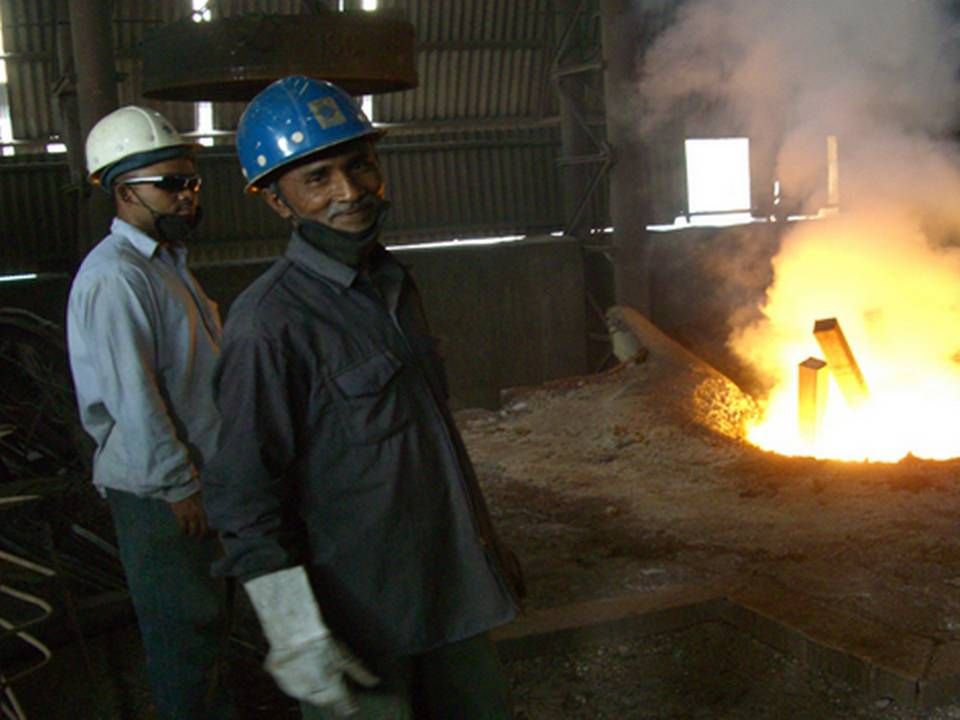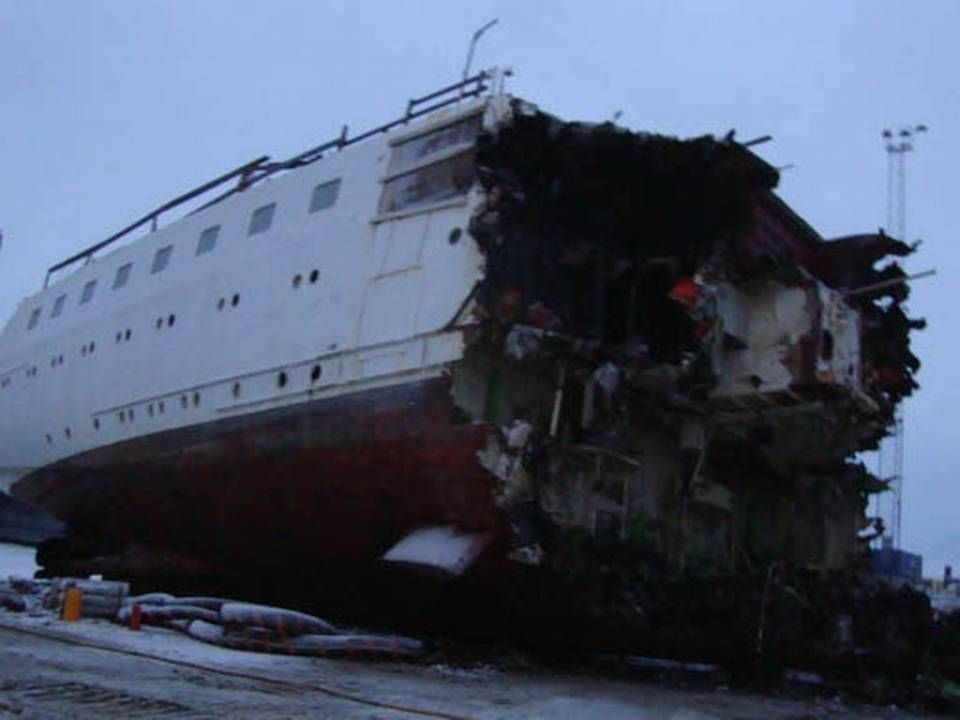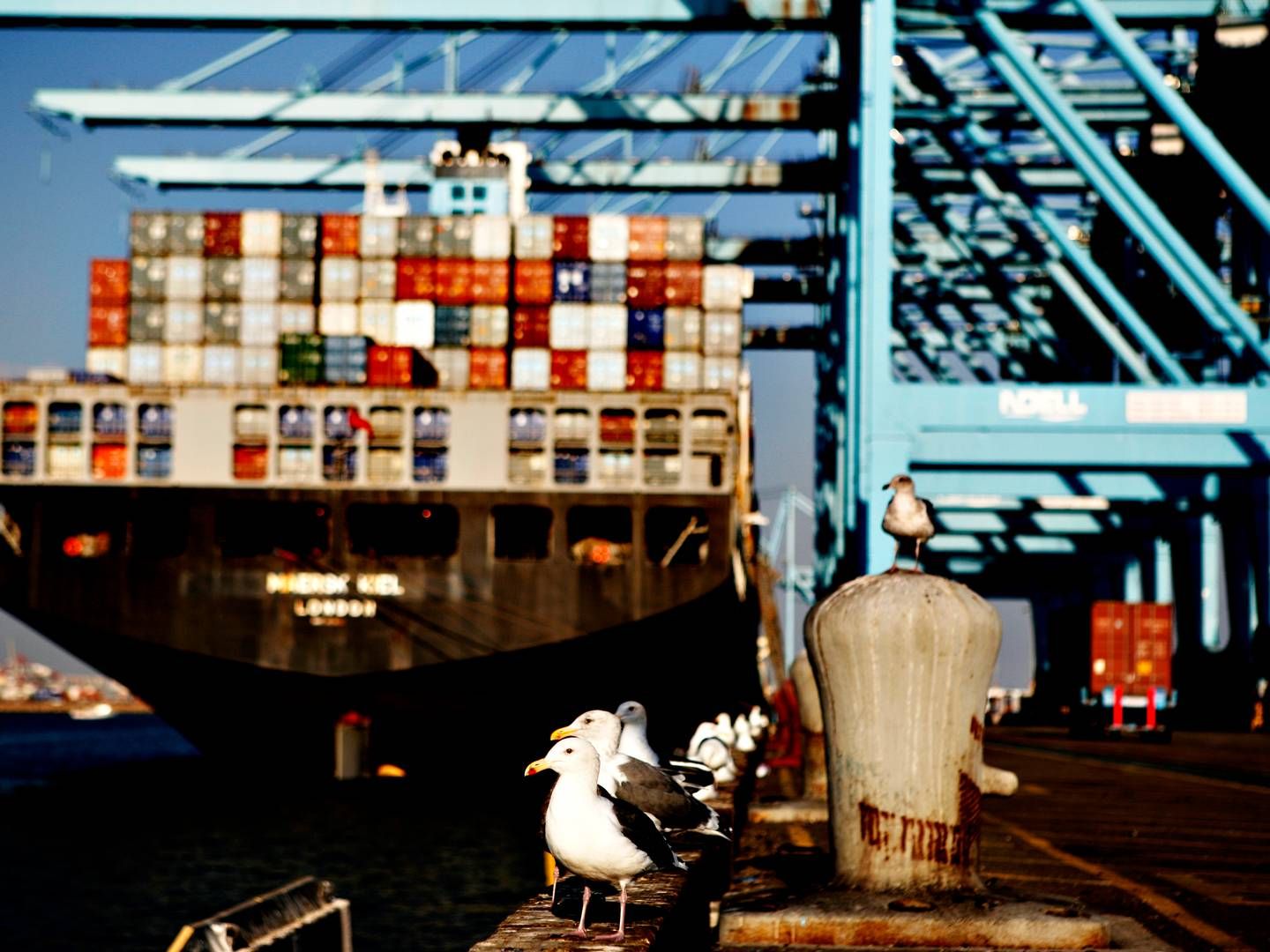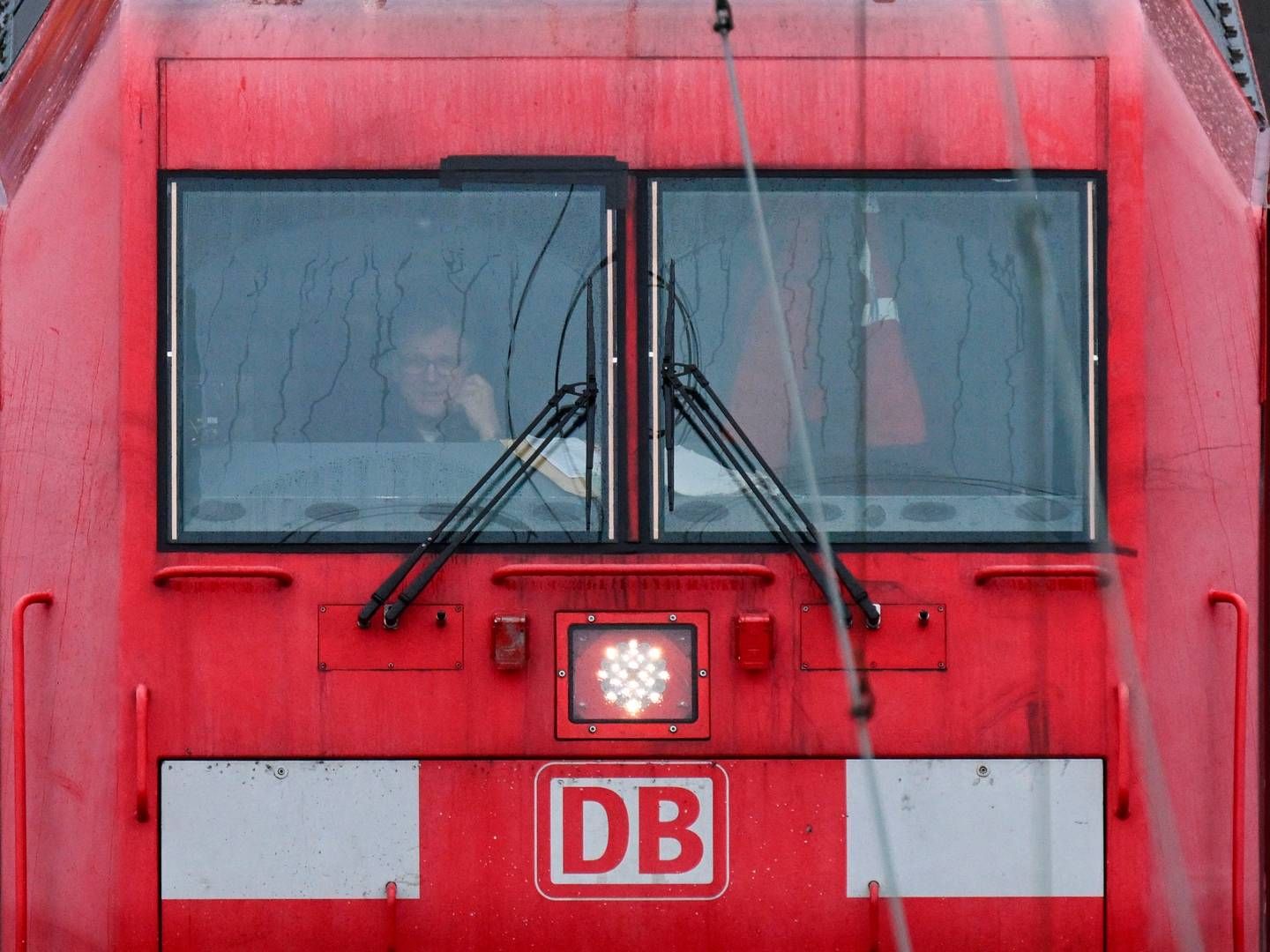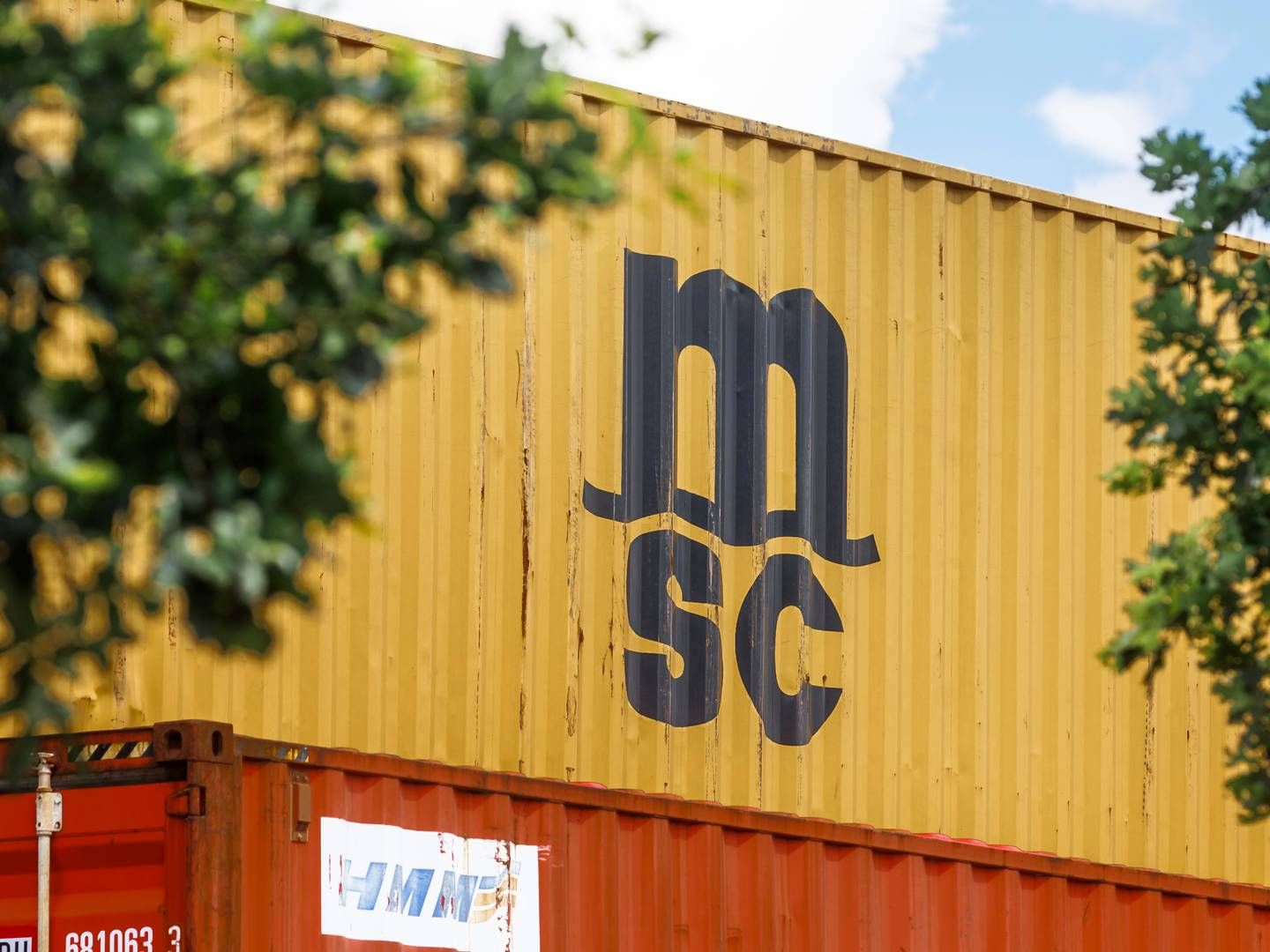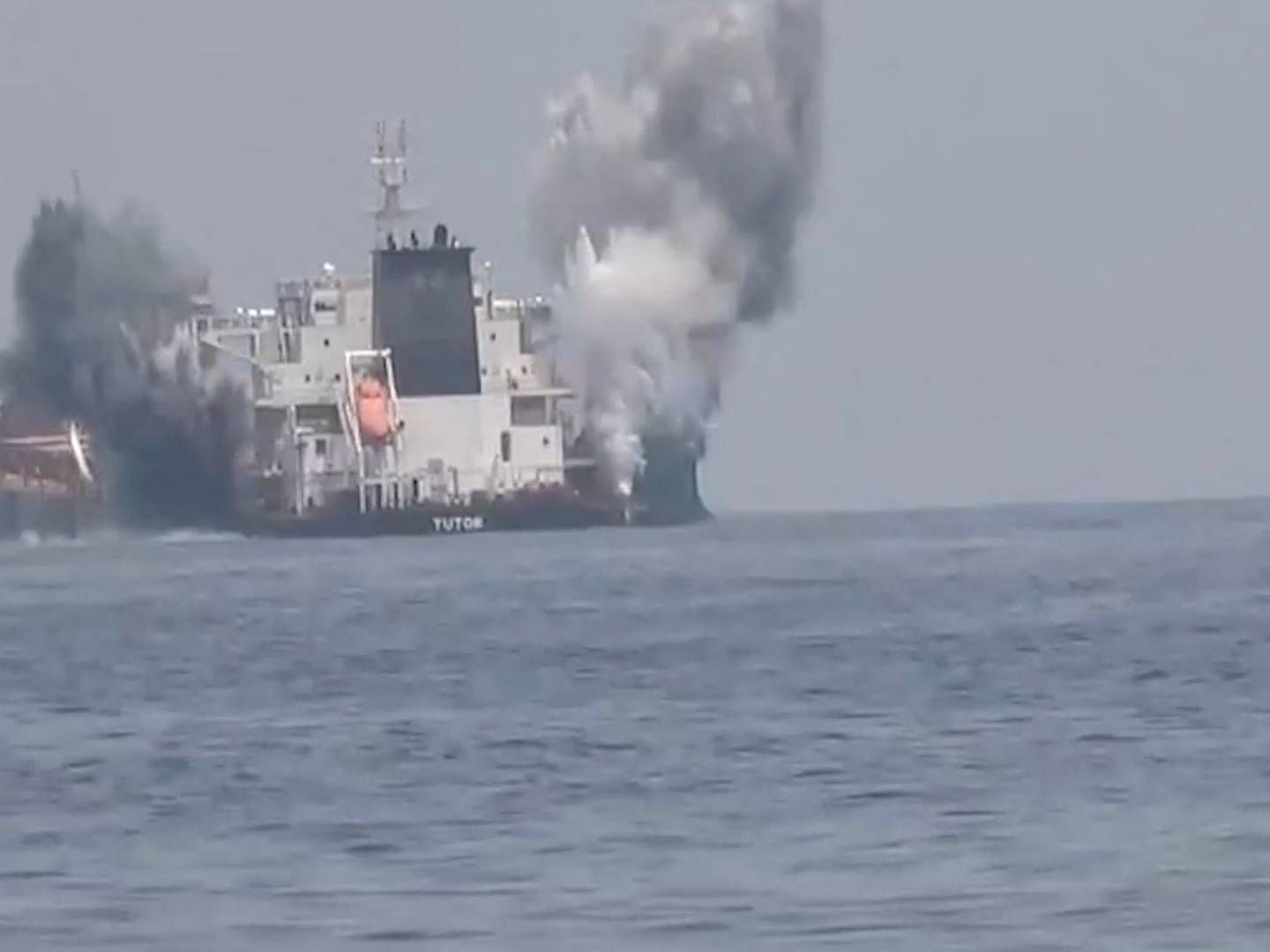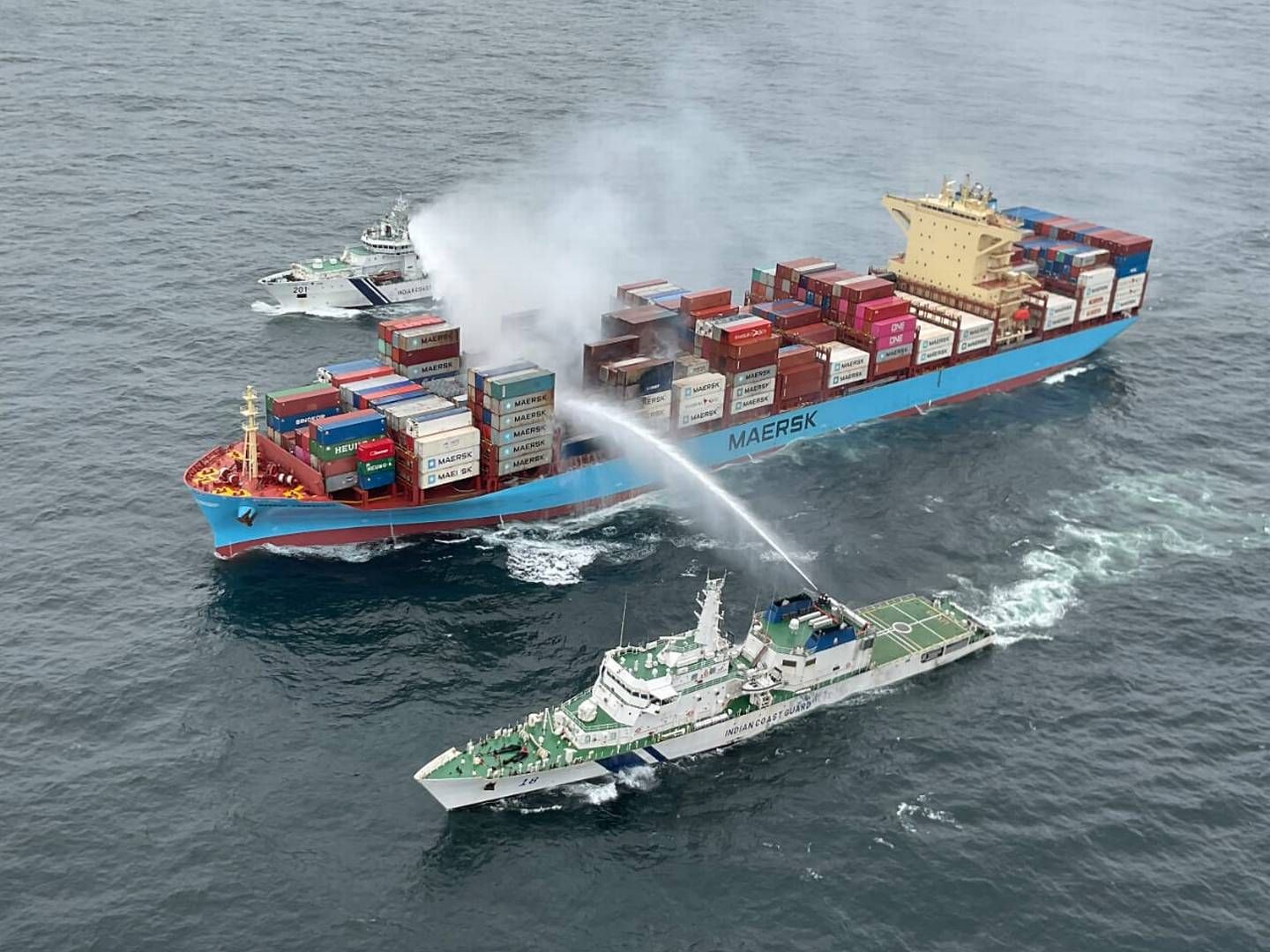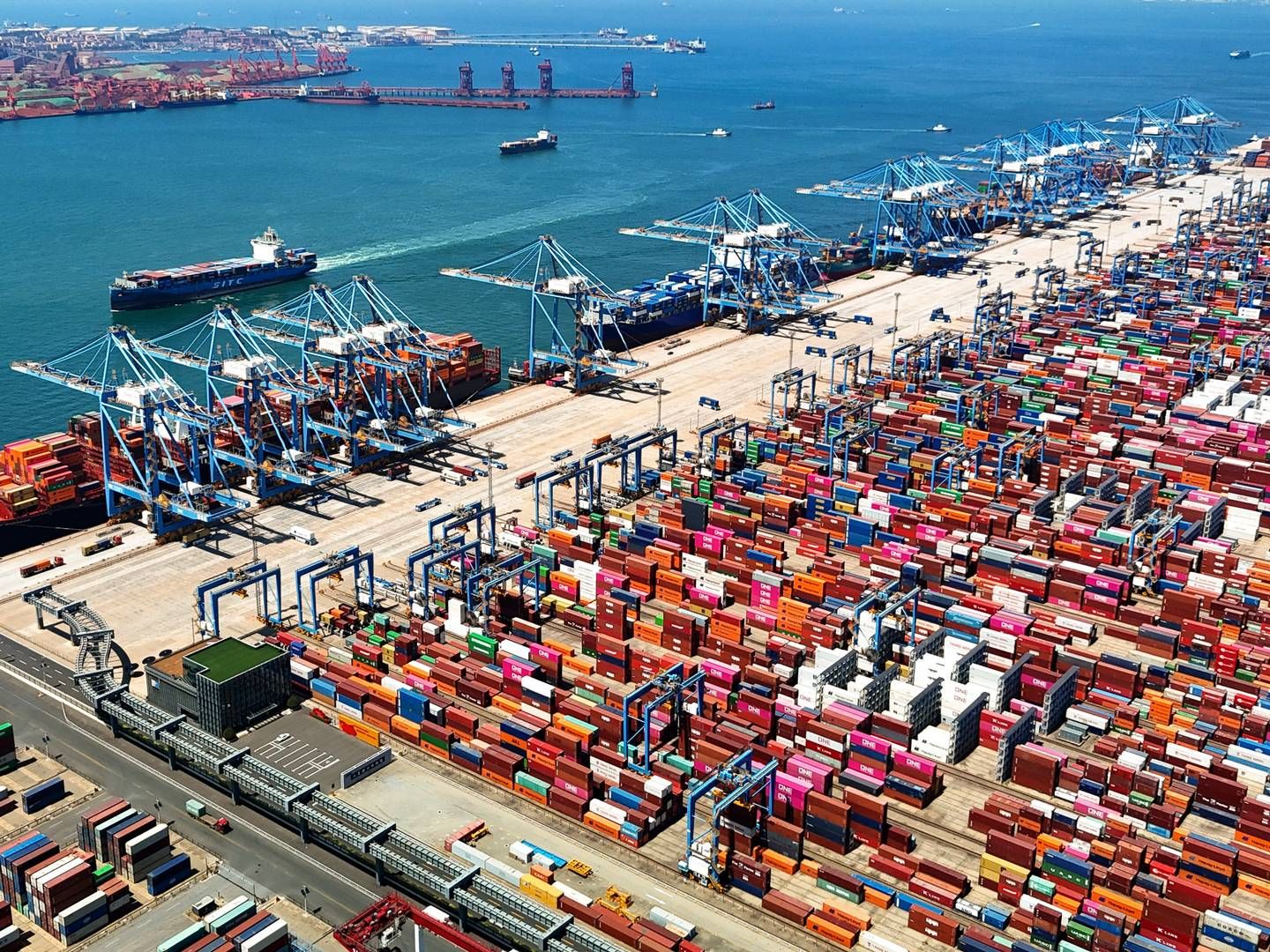Clipper believes Alang beach is the right choice
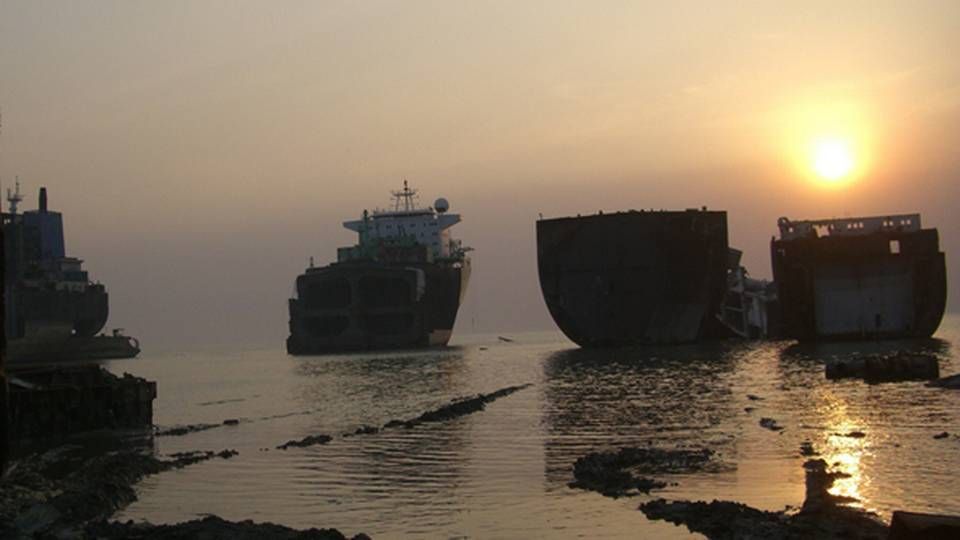
Unlike many other coastal stretches in Southeast Asia, Alang beach in India's eastern Gujarat province is not famous for its white sand, nice hotels and days spent lingering by the water's edge.
Far from it. The major tidal differences have created the conditions for one of the world's most infamous industries in Pakistan, Bangladesh and India, where some of the world's biggest carriers send their obsolete fleets to be beached - that is, the ships end their days lying on the beach while an army of workers chop the ships to scrap, which can then be recycled.
There are around 175 scrapping facilities on the Alang beach alone, facilities that mainly consist of a concrete floor, some cranes to pull the hull onto the beach, and buildings housing equipment such as welding machines. The color of Alang is black-brown with dirt and oil from the old ships. The work is among the most dangerous jobs in the world, and ShippingWatch was able to report new fatal accidents not long ago.
NGOs and lawyers strongly criticize the conditions, just as there carriers - such as Maersk, for instance - who refuse to go anywhere near Alang because doing so would constitute a CSR disaster for the company.
Old overgrown ship
So why did Clipper choose to have its obsolete multipurpose ship Clipper Concord - which has for the last few years been deployed as supply vessel for the US oil industry off the West Coast of Africa - scrapped at Alang? Why did the carrier not choose one of the approved yards in China that Maersk and other carriers use? And how will Clipper avoid involvement in new accidents at Alang, some of which could potentially be fatal?
These are the key questions that ShippingWatch has asked Clipper partner and CEO Kristian Mørch:
"Concord has been idle off the coast of Africa for a long time and the hull is therefore completely overgrown, which means the ship sails very slowly. 99 percent of ship-buyers today are Asian, so the ship was headed east and was located off the coast of Colombo when we made the deal with the scrapping company and the Indian yard in Alang. The ship was one of seven, of which we've now sold four, and the ship's current state meant that the only sensible thing to do would be to scrap it," says Kristian Mørch at first about the last days of the Clipper Concord.
The world's biggest scrapping company
The scrapping company GMS presents itself as the world's biggest player in its field - converting ships to scrap that can be sold on. For Kristian Mørch this represents the first time he is responsible for scrapping a ship, as Clipper - like other Danish carriers operating young fleets - seldom has to scrap its own ships. The ships are normally divested as second hand vessels. This means that other carriers normally have to scrap the ships built by Danish carriers. And Clipper's CEO is well aware of Alang beach's common reputation.
"The problem today is that there are still no international regulations for scrapping. So we've used Bimco's standard contract for this, as it accounts for the Hong Kong convention. We get in touch with the buyers, GMS, who show us various yards in Alang, and we tell them that we want to approve the yard ourselves. The yard we've found is ISO certified and complies with various conditions, there are for instance hospitals located nearby, protective equipment, information to employees about how to act in case of an emergency, etc. We pick a yard that is completely new and where Concord will be, if not the first then one of the first ships to be scrapped. So this yard has a high standard compared to other yards on Alang," Kristian Mørch tells ShippingWatch.
Saving USD 250,000
He does admit that Clipper has also thought about the USD 250,000 it would have cost to sail another 21 days to China, which has approved yards that other carriers insist are the only ones they will use. But his point has more to do with the fact that there are no international rules, and that Clipper therefore opted to take matters into its own hands, study the conditions and pick a yard that the carrier feels it can vouch for.
During the process, Clipper also consulted the NGO Shipbreaking Platform in Brussels, which is fighting for better working conditions for the local scrap yard workers in Southeast Asia. The organization works out of Brussels as well as locally through lawyer and head of organization Bangladesh Environmental Lawyers Association, Syeda Rizwana Hasan, whom ShippingWatch interviewed one year ago. Shipbreaking Platform encouraged Clipper to not just follow the classification bureaus but to actually examine the conditions by itself, as the certificates can sometimes be false.
The shipping industry's dark conscience
"So we've had employees in Alang and we plan to do two unannounced visits to the location while the ship is being scrapped," says Kristian Mørch, who does not believe that one can simply say that "Alang is bad and China is good."
Clipper is comfortable
"We're comfortable with what's going, and I have a general problem with the attitude that everything that happens in India is dangerous and that everything in China or Turkey is good. New yards are appearing in Alang because they know that there are international regulations on the way, and that the EU for instance is working on a list of approved yards that EU ships will be required to use in a few years. There are so many different attitudes toward what's good and what's bad, so I believe that the only right thing to do is to go out by oneself and make a due diligence of the location, seeing as the international regulations have yet to come into force."
One of the things that Shipbreaking Platform is critical toward is the work method, "the gravity method," where gravity ultimately makes the ship break once workers have cut up the first parts of the ship. This is significantly more dangerous than the method used at the actual yards with docks where cranes lift ship parts away once they have been cut off.
World's biggest scrapping yards looking to be approved
Clipper Concord is currently anchored off the coast of Alang and will celebrate Christmas at sea, though the ship will likely be beached by the New Year's. It will take two or three weeks to scrap the ship.
ShippingWatch will follow up on the process during January.
China awards four carriers state subsidies for scrapping
NGO: 515 ships scrapped on beaches in 2014
Related articles
China awards four carriers state subsidies for scrapping
For subscribers
NGO: 515 ships scrapped on beaches in 2014
For subscribers
Belgium forces ship to be scrapped in Turkey
For subscribers


